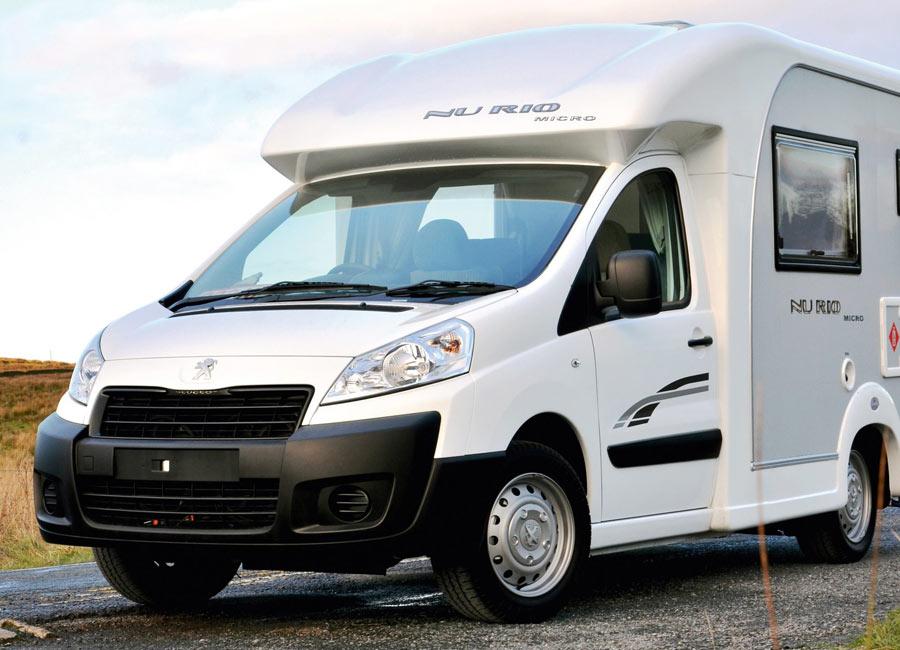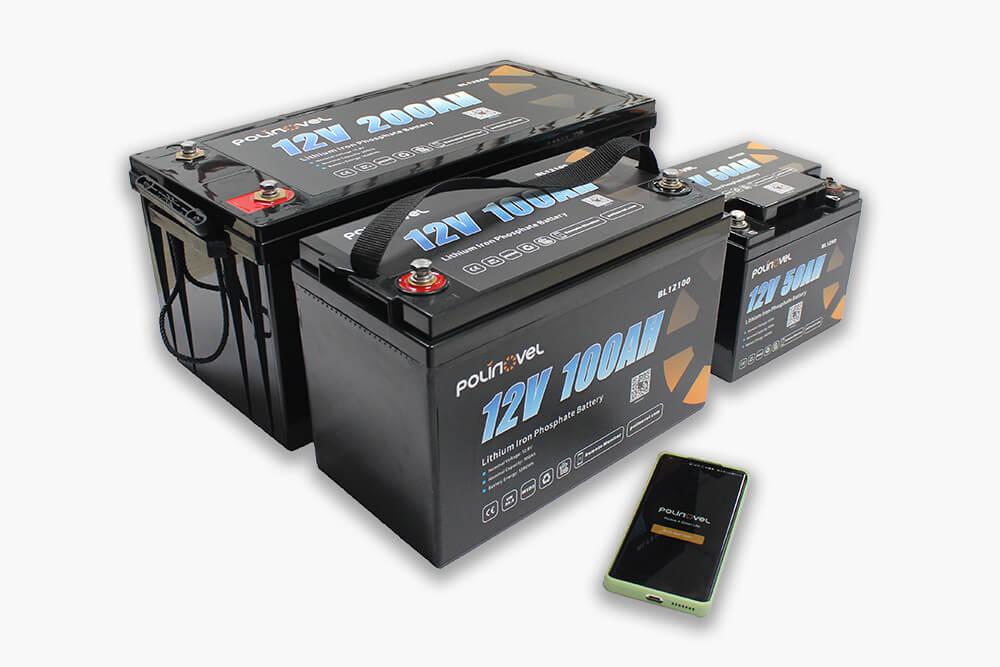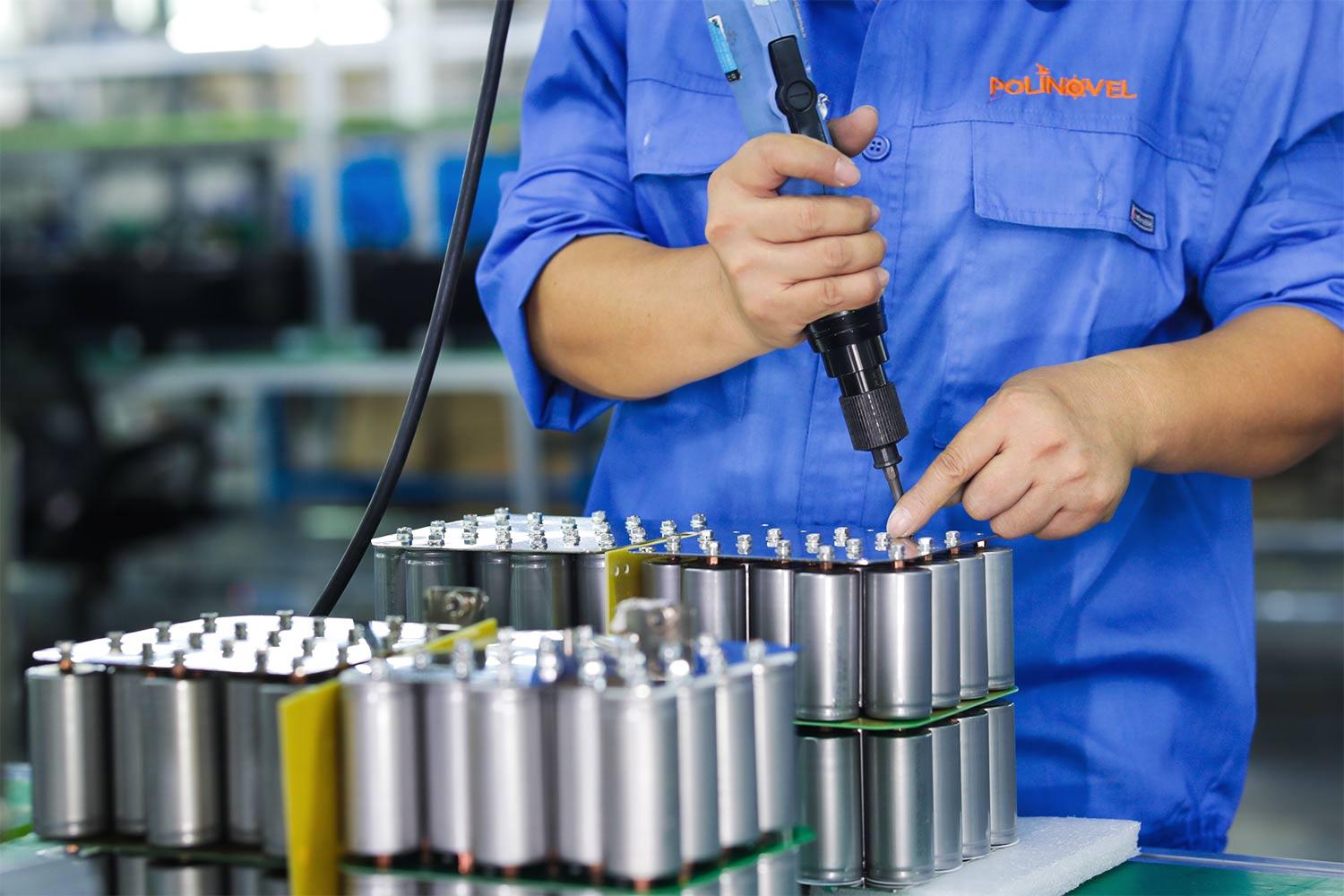Are you curious about the latest developments in lithium-ion battery technology? In this article, we will explore the advantages of the high energy density of lithium-ion batteries. Specifically, we will discuss the applications, benefits, and downsides of this technology.
From longer runtimes to lighter weights and more power, there are many benefits to utilizing the highest energy density lithium-ion battery. However, there are also some potential drawbacks to consider. Join us as we dive into the world of lithium-ion batteries and explore the pros and cons of this innovative technology.
What is the Energy Density of Lithium-ion Batteries?
What is the energy density of lithium-ion batteries? Put another way, what is the energy density of a lithium-ion battery? Getting the answer to what is energy density in a battery will help you choose correctly.
Li-ion battery energy density is a measure of the amount of energy that can be stored in a given volume or mass of a battery. On the other hand, the power density of a lithium-ion battery refers to the amount of power that can be delivered by a battery in a given volume or mass. Higher power density batteries can deliver more power in a shorter amount of time, making them ideal for applications that require quick bursts of energy, such as power tools or electric vehicles that need to accelerate quickly.
While high-energy-density batteries are ideal for applications that require longer runtimes and lighter weight, high-power-density batteries are better suited for applications that require quick bursts of energy.
Applications of Lithium-ion Battery
Lithium-ion batteries have become increasingly popular in a variety of applications due to their volumetric energy density of lithium-ion battery, longer lifetimes, and lighter weight compared to traditional lead-acid batteries. One of the most common applications is in portable electronics such as smartphones, laptops, and tablets. They are also used in electric vehicles, from cars to golf carts, due to their ability to provide high power density for quick acceleration.
Lithium-ion batteries are also popular in the RV and marine industries, as they are a reliable and efficient power source for onboard electronics and appliances. Additionally, they are often used in off-grid solar systems, as they can store excess energy from solar panels during the day to be used at night when the panels are not producing power.
Overall, the versatility and efficiency of lithium-ion energy density batteries make them ideal for a wide range of applications such as:
- ● Electric vehicles (Cars, scooters, golf carts, marine vehicles, etc.,)
- ● Emergency backup power
- ● Energy storage system (Solar energy storage, etc.,)
- ● IT equipment (Surveillance and alarm system, etc.,)
- ● Medical equipment (Pacemakers, etc.,)
- ● Portable electronics
- ● Consumer electronic goods (Mobile phones, laptops, digital cameras, etc.,)

Benefits of Li-ion Batteries with Higher Energy Density
Li-ion batteries are a type of rechargeable battery commonly used in portable electronic devices, electric vehicles, and renewable energy systems. Li-ion energy density batteries with higher energy density offer several benefits over traditional batteries, including longer-lasting battery duration, longer battery lifespan, and lighter weight or smaller size. Let us explore these benefits in more detail:
Long-lasting Battery Duration
Lithium battery density (if high) has a higher capacity to store energy, which means it can last longer on a single charge. This is especially important for portable devices like smartphones, laptops, and tablets, which require a lot of power to operate.
With a higher energy density (Learn: Energy Density vs Power Density: What’s Their Differences?) , Li-ion batteries can provide more energy to these devices, allowing them to run for longer periods without needing to be recharged. This is also important for electric vehicles, which require a lot of energy to travel long distances. With higher energy density batteries, electric vehicles can travel farther on a single charge, making them more practical and convenient for everyday use.
Long Battery Lifespan
Li-ion batteries with higher energy density typically have a longer lifespan than traditional batteries. This is because they use more advanced materials and manufacturing techniques that are designed to withstand repeated charge and discharge cycles. With a longer lifespan, Lithium-ion density batteries can be used for longer periods before needing to be replaced, which is not only more convenient but also more cost-effective.
A longer battery lifespan is also beneficial for renewable energy systems, such as solar panels, which require batteries to store energy during the day and discharge it at night. With longer-lasting batteries, renewable energy systems can operate more efficiently and reliably.
Lighter Weight or Smaller Size.
Li-ion batteries with higher energy density are also typically lighter in weight and smaller in size than traditional batteries. This is because they can store more energy in a smaller space, which allows them to be more compact and lightweight. This is especially important for portable devices, which need to be lightweight and compact for ease of use and portability. With lighter weight and smaller size, Li-ion batteries can also be used in applications where traditional batteries are not practical, such as wearable devices and medical implants.
In summary, batteries with lithium-ion power density offer several benefits over traditional batteries, including longer-lasting battery duration, longer battery lifespan, and lighter weight or smaller size. These benefits make them an attractive option for a wide range of applications, from portable electronic devices to electric vehicles and renewable energy systems.

Downsides to Li-ion Batteries with High Energy Density
While Li-ion batteries with higher energy density have many advantages, they also have several downsides that need to be considered. Here are three major points to consider:
Safety Issues
Li-ion batteries with higher energy density generate more heat during charging and discharging. If the heat is not controlled properly, it can lead to a thermal runaway, which can cause the battery to catch fire or explode. To prevent this from happening, Li-ion batteries with higher energy density require additional safety features such as thermal management systems, which can add weight, cost, and complexity to the battery.
Higher Costs
Developing and manufacturing Li-ion batteries with higher energy density requires advanced materials and technologies, which can increase the cost of the battery. The cost of these batteries can be further increased by the additional safety features required to prevent thermal runaway. As a result, Li-ion batteries with higher energy density are generally more expensive than traditional Li-ion batteries.
Limited Application
Li-ion batteries with higher energy density may have limited application due to their temperature requirements. These batteries may not perform well at extreme temperatures, either too high or too low, which can limit their use in certain environments. Additionally, the higher energy density may make them less suitable for applications that require a longer lifespan, such as electric vehicles, because they may degrade more quickly than traditional Li-ion batteries.
Polinovel: Providing Lithium-ion Batteries with High Energy Density
Polinovel is a Lithium Batteries Manufacturer that specializes in providing lithium-ion batteries with high energy density. Their products and services include:
Bluetooth Lithium Battery: Polinovel’s Bluetooth lithium battery is designed for e-bikes and other light electric vehicles. This battery is equipped with Bluetooth connectivity, allowing users to monitor the battery status and track usage through a mobile app. It also has a high energy density, enabling longer travel distances.
Light EV Series: Polinovel’s Light EV Series batteries are designed for light electric vehicles such as e-bikes, e-scooters, and e-motorcycles. They are compact, lightweight, and have a high energy density, enabling longer travel distances. They are also equipped with advanced safety features such as thermal management systems to prevent overheating.

Energy Storage: Polinovel’s energy storage batteries are designed for residential and commercial use. These batteries can store excess energy (learn: A Basic Intro to How Does a Battery Store Energy) from solar panels or the grid, providing a reliable power source. They have a high energy density, reducing the footprint of the system. They are also equipped with advanced safety features such as overcharge protection.
Energy Storage Package Solution: Polinovel’s energy storage package solution is a complete system that includes batteries, inverters, and monitoring systems. This solution is designed to be easy to install and operate, providing a reliable power source.
Accessories: Polinovel also offers a range of accessories for their batteries, including battery chargers, battery management systems, and battery enclosures. These accessories are designed to enhance the performance and safety of the batteries.
Conclusion
In conclusion, the lithium battery energy density offered by Polinovel provides several benefits that make them an attractive option for a range of applications. These benefits include longer travel distances, smaller footprints, and advanced safety features. Polinovel’s products, such as the Light EV Series, energy storage batteries, and energy storage package solutions, are designed to meet the needs of residential and commercial users alike.
Additionally, their accessories, such as battery chargers and management systems, help to enhance the performance and safety of their lithium-ion battery density. Overall, the high energy density of the lithium-ion battery of Polinovel makes it a reliable and efficient choice for powering various applications.

